CULTURAL EXPERIENCE
Overview
A safari in Tanzania is incomplete without coming into contact with the people who have shaped its cultural mosaic for centuries. In the Ngorongoro Conservation Area and near Arusha, a visit to Maasai villages allows the opportunity to witness their strange dances, learn about their semi-nomadic lifestyle, and gain insight into their strong communal traditions.
A Tropical Escape
Further south, on the shores of Lake Eyasi, the Hadzabe (also known as Hadza) and Datoga tribes continue their ancient lifestyle as hunter-gatherers and skilled metalworkers, offering a rare glimpse into traditions that have remained unchanged for generations.
For a broader cultural experience, the small town of Mto wa Mbu, near Lake Manyara National Park, is a melting pot of different tribes and cultural experiences, each with its own unique customs and practices. Meanwhile, the Waarusha and Wameru communities in Ng’iresi and Mulala villages, near Arusha, showcase their agricultural traditions, coffee farming techniques, and daily life in the highlands.
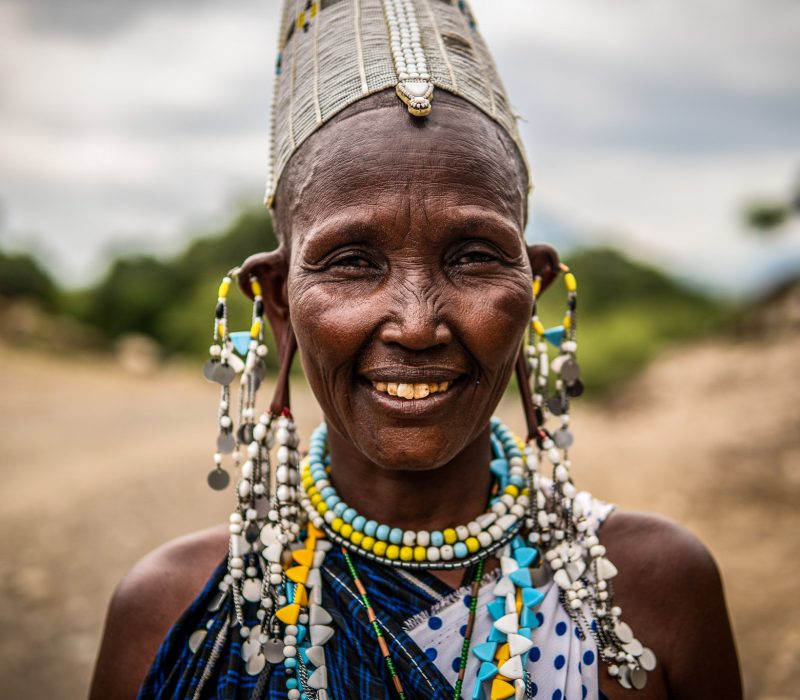
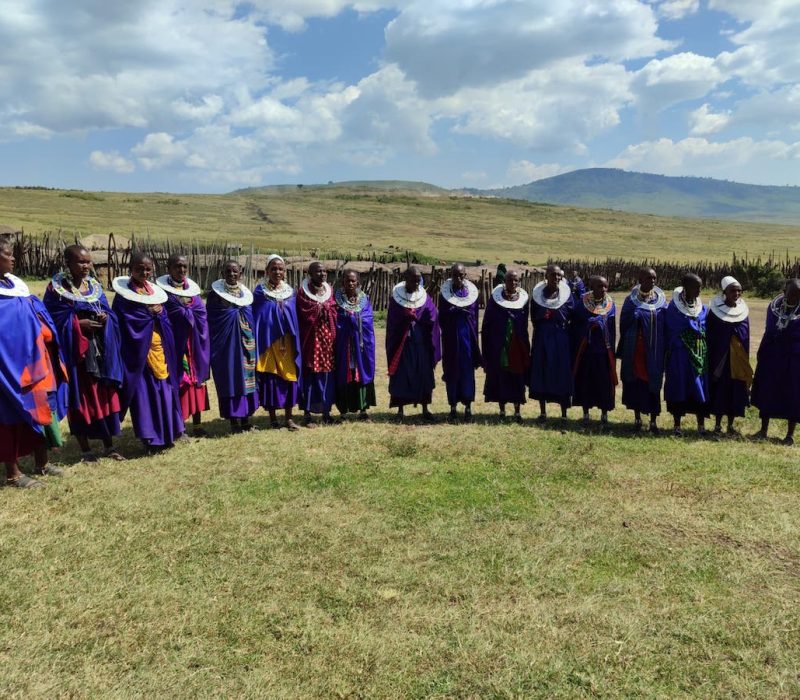
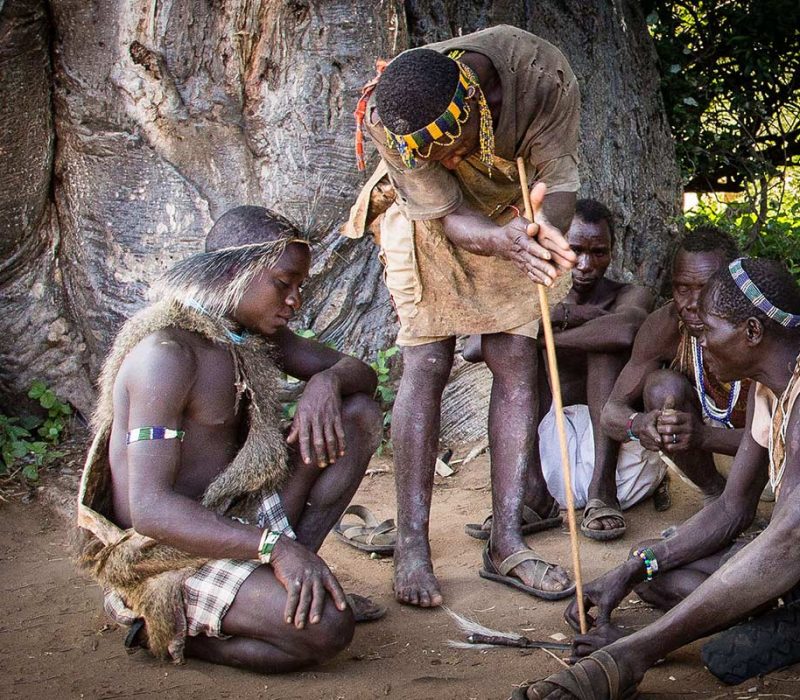
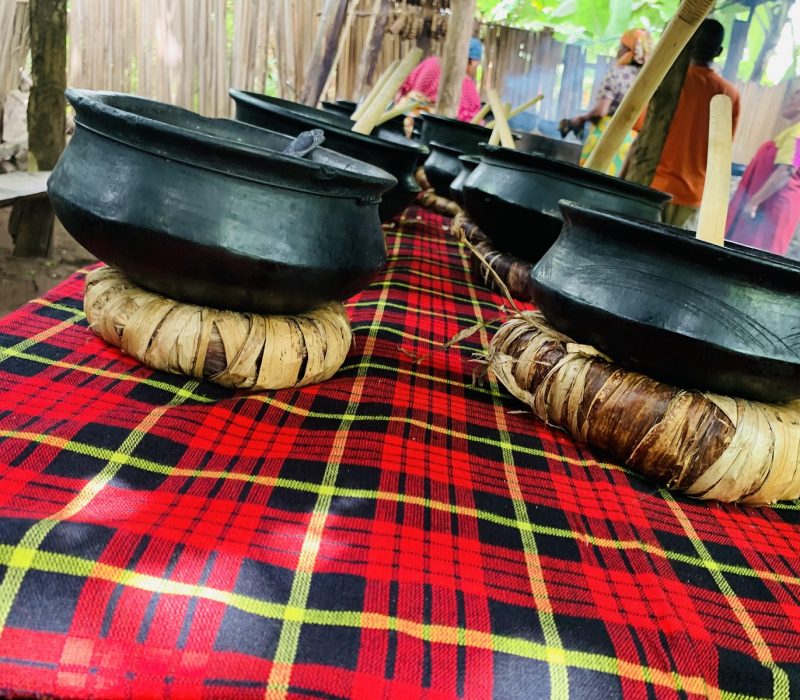

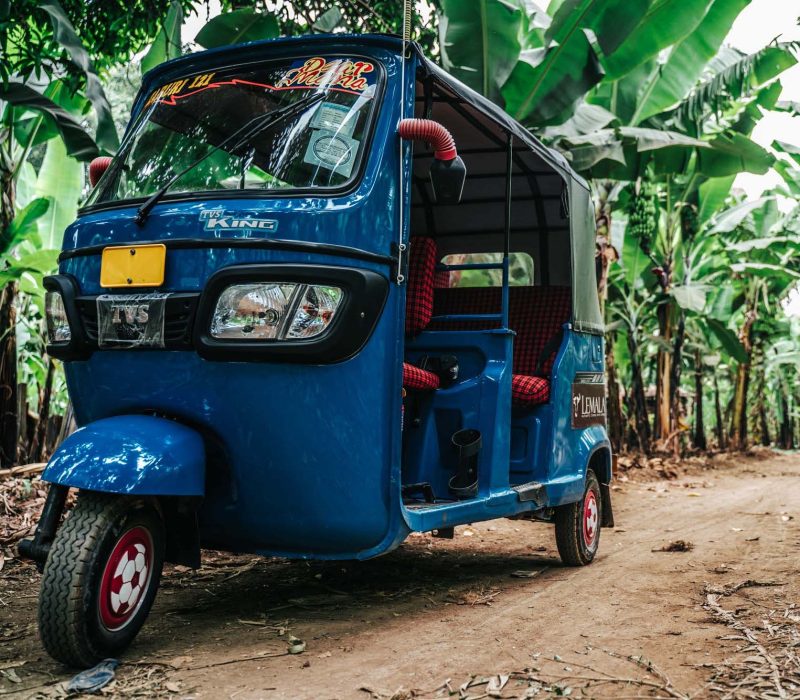

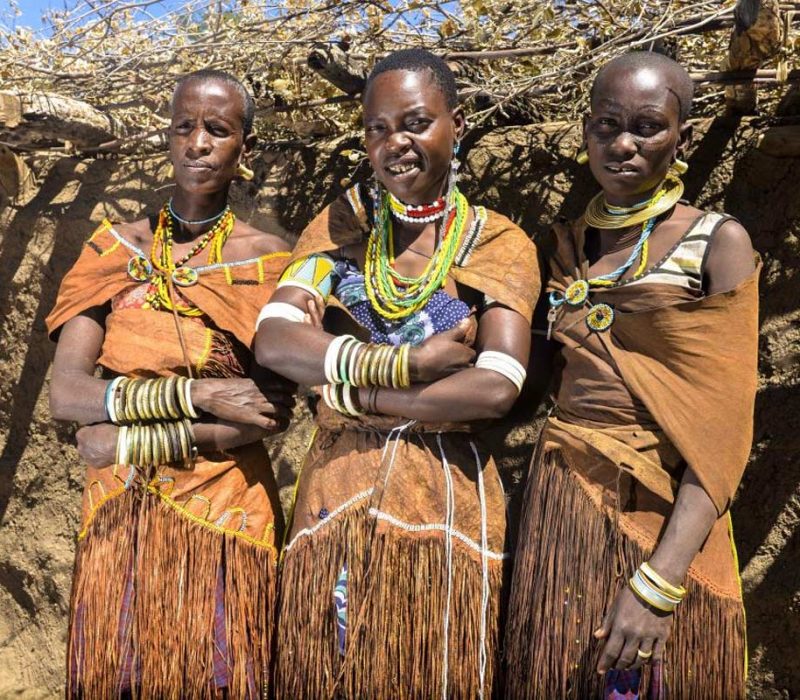
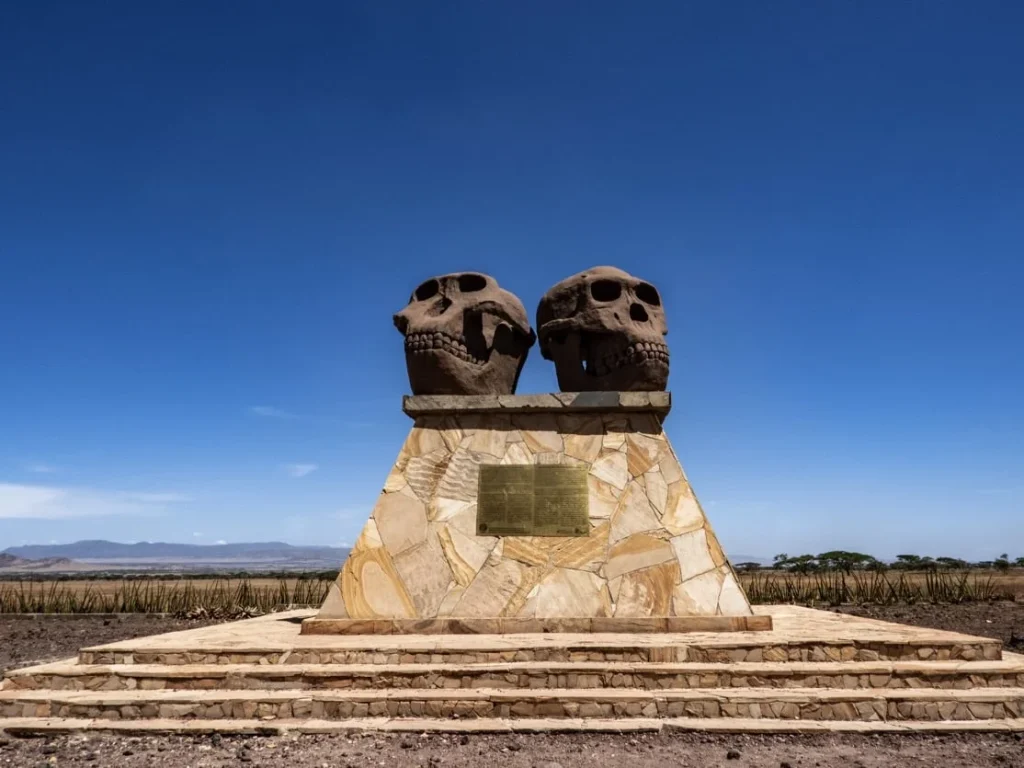
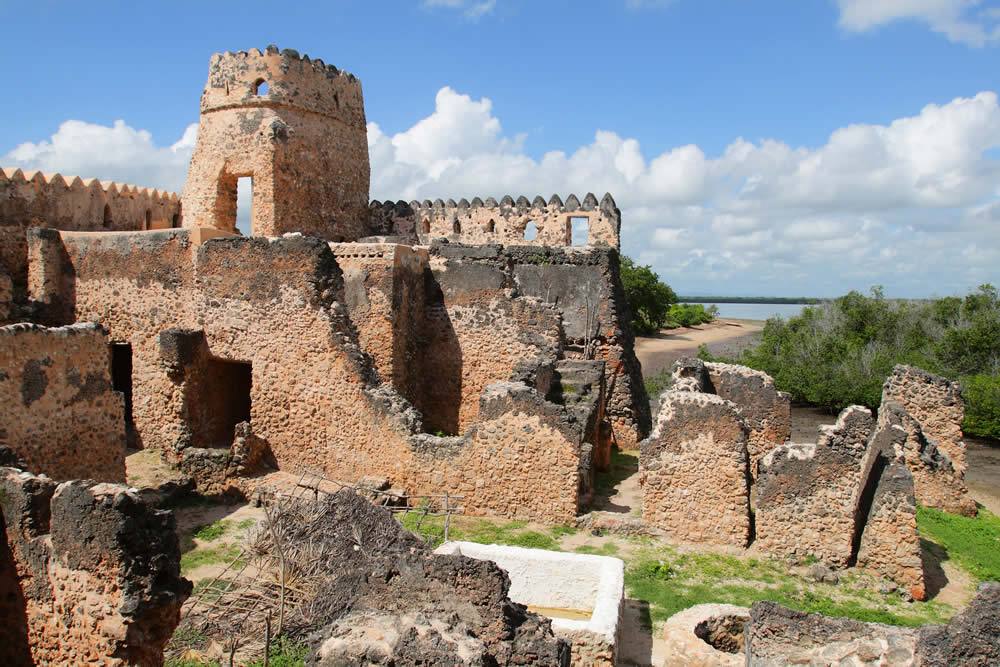
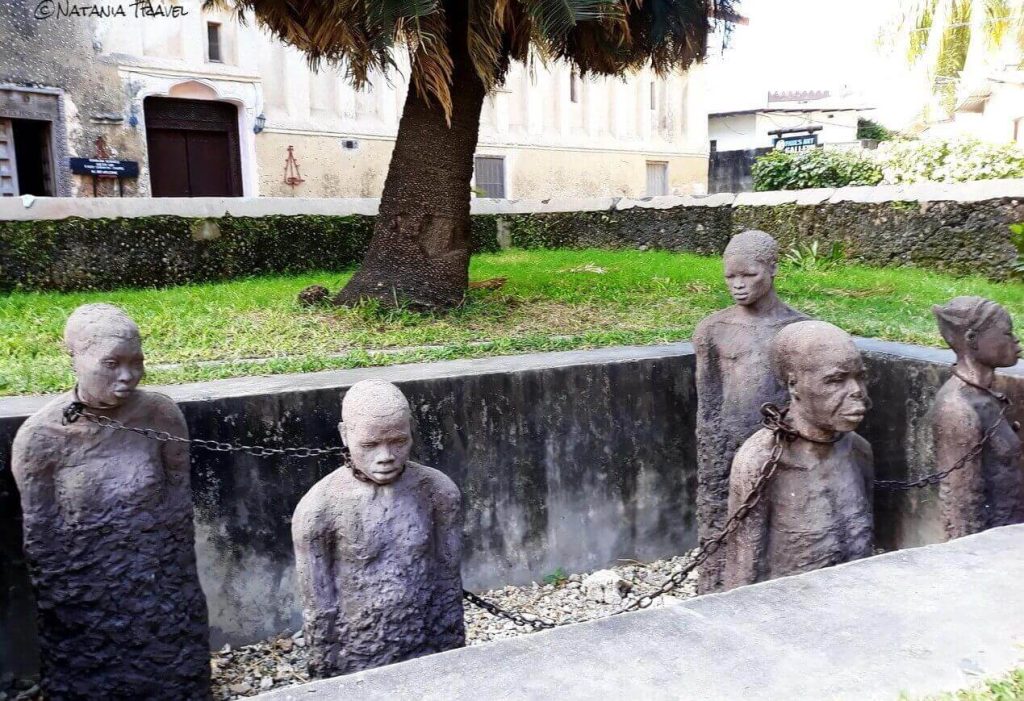
HISTORICAL AND CULTURAL SITES
The history of Tanzania is on display on its landscapes, from the cradle of humanity to the remnants of once-thriving trade empires. At Olduvai Gorge, one of the most significant archaeological sites in the world, early human fossils tell the story of our ancient ancestors. Along coastal regions, the Kilwa Ruins provide deeper understanding to the powerful trading empire that once flourished in Eat Africa, shaped by centuries of Arab and Persian influences.
The UNESCO-renowned Stone Town in Zanzibar is a living museum of Swahili culture. Its winding alleyways, intricately carved wooded-doors, and historic landmarks, such as the House of Wonders, Old Fort, and Darajani Market, reveal a history shaped by African, Arab, and European influences. Further up the coast, Bagamoyo, once a major trade hub, offers a haunting yet fascinating glimpse into Tanzania’s by-gone period through its colonial-era buildings, Afro-Arabic architecture, and incredible historical landmarks.
For a more contemporary exploration of culture, Arusha is home to institutions like the Arusha Natural History Museum and the Arusha Declaration Museum, both offering insight into the country’s political and cultural evolution.






